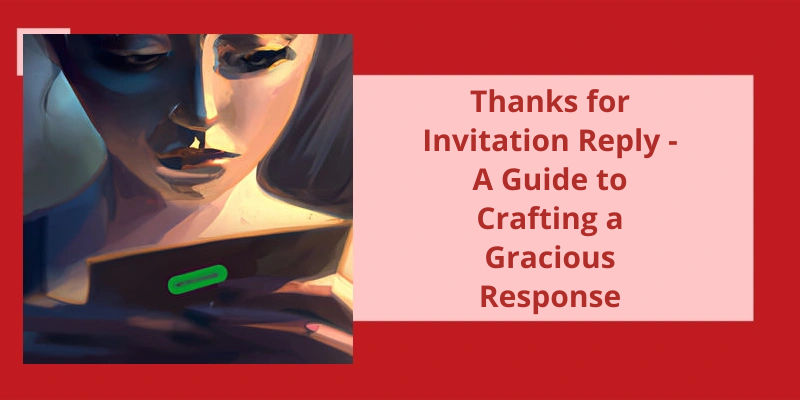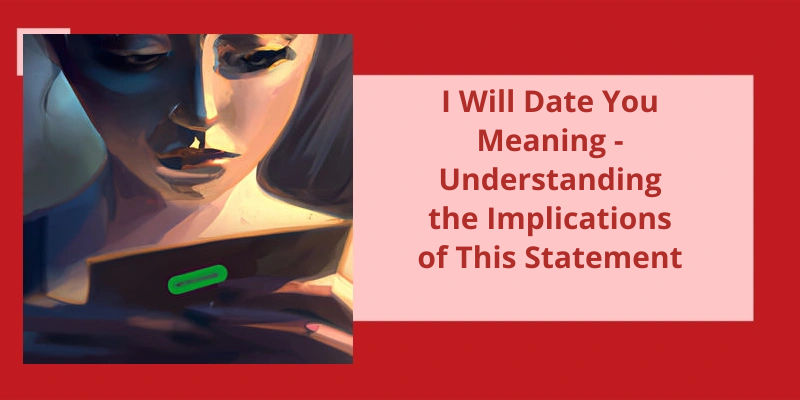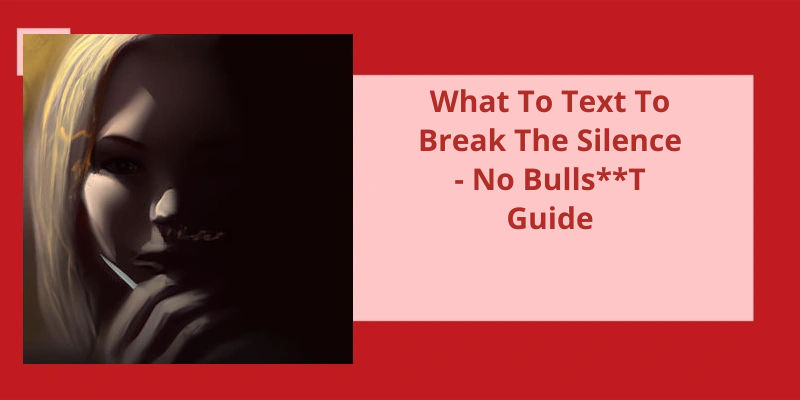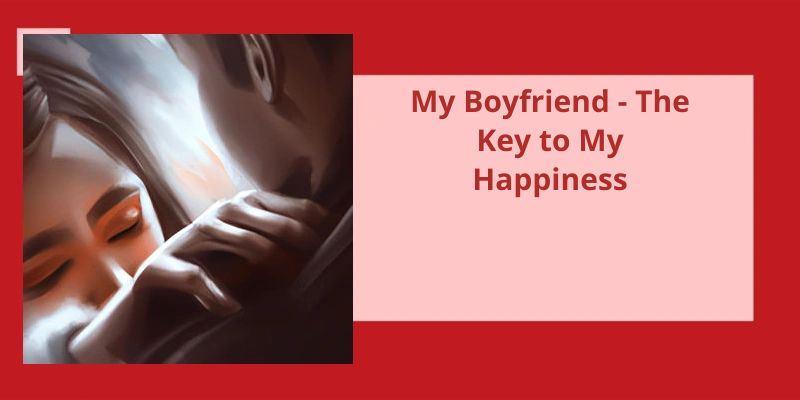As a guest, there’s nothing more fulfilling than receiving an invitation and being welcomed to an event or occasion. Being invited to share in the joy of someone's celebration or to participate in a professional gathering isn’t only a privilege, but also an opportunity to expand one's personal and professional network. It’s a gesture of kindness and inclusivity that should never go unacknowledged. Responding with a polite and grateful thanks for the invitation reply is a simple act that goes a long way in building and maintaining positive relationships. When you arrive at the event, it’s important to show your appreciation and be fully present, taking in all that the occasion has to offer. Whether it's a conference, seminar or social gathering, making the most of the opportunities presented is a key ingredient to establishing lasting connections and creating long-lasting impressions.
Is It Correct to Say Thank You for the Invite?
So, while “invite” has become a commonly used noun in informal speech, it may not be considered appropriate in a more formal setting.
That being said, language is always evolving and what was once considered incorrect may become accepted over time. It’s always best to consider the tone and nature of the situation in which youre expressing gratitude for an invitation.
Whether you say, “Thanks for inviting me,” “Thanks for the invitation,” or “Thanks for the invite,” the sentiment behind it’s what truly matters. Showing appreciation for the effort someone has made to include you in an event or occasion is always appreciated.
Ultimately, language should serve as a means of effective communication and connection, not a tool for criticizing or policing others. While there may be “correct” and “incorrect” ways of phrasing something, the most important factor is the intention behind the words, and the connection it fosters between people. So, feel free to use the phrasing that feels most comfortable and genuine to you, bearing in mind the context in which youre expressing thanks.
Now that we understand the difference between “invite” and “invites”, let’s explore how these words can be used in a sentence to convey the right message. The way we structure our sentences can affect the tone and formality of our invitation, making it important to choose the right word based on the context of the event. So, let’s dive in and discover how to use “invite” and “invites” correctly in various sentence structures.
How Do You Use Invite or Invites in a Sentence?
Please let me know if you plan to attend. This sentence uses invitations for to indicate that specific people have been invited to an event.
Please invite your friends to the party. This sentence uses invite as a verb, instructing someone to extend an invitation to someone else. In this case, the invitation is for a party and the person being asked to do the inviting is being given the responsibility of ensuring that the party is well attended.
The invitation to the royal wedding was highly sought after. This sentence uses invitation to to refer to a specific event – in this case, the royal wedding. It suggests that the invitation is something that many people want to receive because the event is prestigious.
I received an invite to my high school reunion. This sentence uses invite as a noun, indicating that the speaker has been invited to an event – in this case, a high school reunion.
After sending out dozens of invitations, we only received a handful of RSVPs. The speaker has sent out many invitations, but only a few people have responded – indicating that the event may not be well attended.
As soon as I saw the invitation in the mail, I knew I’d to attend the gallery opening. This sentence uses invitation to refer to a physical object – in this case, the invitation that the speaker received in the mail. The fact that the speaker felt compelled to attend the gallery opening suggests that the invitation had an impact on their decision-making.
Can Invites Be Used as a Verb? How Is It Different From Using Invite?
Invites can be used as a verb, which means to send an invitation or extend an offer. Using invites as a verb is informal and colloquial compared to using invite, which is the standard form of the verb.
Source: What’s the correct word, ‘invite’ or ‘invites’ in the sentence …
Language is constantly evolving, and over time words can take on new meanings or shift in usage. One example of this is the difference between “invite” and “invitation.” While both convey the same basic idea, the former is more colloquial and informal than the latter. Let’s take a closer look at these two words and their distinct roles in the English language.
Do You Say Invite or Invitation?
In formal situations, invitation is the more appropriate and commonly used term. This is especially true when inviting guests to a formal event or occasion. Whether it’s a wedding, a charity ball, or a state dinner, an invitation is the norm. In a professional setting, a good rule of thumb is to always use invitation over invite.
For example, when youre extending a more casual invitation to a friend or family member. “Hey, do you want to come over for dinner tonight?” is more natural and less stilted than “Would you be so kind as to accept an invitation to join me at my humble abode for dinner tonight?”
Despite these differences, both invite and invitation can be seen as indicative of kindness and hospitality. In either form, the intention is to extend a warm welcome to someone and to make them feel wanted and appreciated. Celebrations and gatherings are an integral part of the human experience, and inviting others to be a part of them is a way to share the joys of the moment with others.
Ultimately, the decision lies with the person inviting, but it’s important to consider what message you want to convey and who your audience is. Whatever the wording, extending an invitation is a way to show care, consideration, and kindness towards others.
How to Properly Word a Formal Invitation for Different Types of Events (Wedding, Business, Holiday Party, Etc.)
To ensure a proper wording of a formal invitation for various events like wedding, business, holiday party, etc., use appropriate salutations, provide event details, emphasize the theme of the event, mention the dress code and RSVP details, and end with a cordial closing. Avoid overly complex language and prioritize clarity and conciseness.
When you receive an invitation to an event or gathering, it’s important to respond appropriately. This not only shows respect to the host, but can also help ensure that the event runs smoothly. In this article, we’ll explore some tips for accepting invitation reply letters, including examples of what to say.
How Do You Accept an Invitation Reply Letter?
Receiving an invitation is always an exciting prospect. Whether it’s to a party, a special event, or a professional gathering, being invited is a sign that youre valued and appreciated. When you receive an invitation reply letter, it’s important to respond in kind. How you respond will depend on the type of invitation and the relationship you’ve with the person who sent it. Generally, youll want to convey gratitude, enthusiasm, and a willingness to participate.
One of the most important things to keep in mind when accepting an invitation is to do so in a timely manner. The person who sent the invitation will be waiting to hear from you, so it’s important not to keep them waiting too long. If youre accepting, make sure to do so as soon as possible. That way, the person can make any necessary arrangements and feel reassured that their invitation has been accepted.
Another important element of accepting an invitation is to express gratitude. This can be through a simple statement, such as “Thank you for the invitation.”. It could also be more elaborate, depending on the event and the relationship you’ve with the person. If it’s a party or a celebration, for example, you might say something like, “Im so grateful for the opportunity to be a part of your special day.”. This kind of sentiment will help the person feel appreciated and valued.
When accepting an invitation, it’s also important to be clear about your intentions. If the invitation is to a party, for example, you may want to ask if you can bring something. This could be a dish to share or a gift for the host. By letting the person know your intentions ahead of time, you can ease any potential stress or discomfort on their part.
In some cases, you may need to decline an invitation. This can be an awkward situation, but it’s important to do so with grace and tact. Simply saying “no” can be hurtful, so it’s important to explain your reasons, if possible. For example, you could say, “Im so sorry, but I won’t be able to attend. I’ve a prior engagement that day.”. By providing a reason, you show that youve considered the invitation and are genuinely sorry to decline.
How Do You Accept an Informally Invitation Example?
Accepting an informal invitation, whether it be for coffee, dinner, or a night out with friends, can be a great way to socialize and build relationships. Saying yes to an invitation can show that you’re interested in spending time with someone and can also lead to valuable networking opportunities. When someone extends an informal invitation, it’s important to respond in a polite and timely manner. One way to do this is to use certain phrases that show your enthusiasm for the invitation.
One phrase you can use to accept an invitation is “thanks for the offer/invitation!”. This shows that you appreciate the gesture and are grateful for the opportunity. Following up with “Id love to come/Id love to join you” expresses your interest in participating and shows that you’re excited about the invitation. Using this phrase also communicates that you value the person who invited you and want to spend time with them.
Another way to accept an informal invitation is by saying “I look forward to it!”. This phrase conveys your anticipation for the event and shows that you’re looking forward to the occasion. It also highlights your positive attitude and willingness to participate in social activities.
Similarly, saying “thatd be great!” is a suitable response to an informal invitation. This phrase shows that you’re willing to be flexible and are open to suggestions regarding the event. It also gives the impression that you’re eager to participate, which can help strengthen relationships.
Lastly, using nonverbal cues such as a smile or nod can help convey your excitement for an informal invitation. These gestures can show that you’re happy to accept the invitation and are looking forward to the event. Additionally, sending a quick message or making a phone call to thank the person who invited you can also help solidify the relationship.
How to Decline an Informal Invitation Politely
- Thank the person for inviting you.
- Explain that you’re unable to attend.
- Give a reason for not being able to attend, if possible.
- Express regret for not being able to attend.
- Suggest another time to get together, if appropriate.
- Close with a polite statement.
Conclusion
In closing, I’d like to express my sincerest gratitude for the invitation and for being included in such a wonderful gathering. Your hospitality and generosity have exceeded my expectations, and I’m deeply grateful for the opportunity to participate in the (conference / seminar). The experience has been invaluable, and I’m proud to say that I’ve gained a great deal of knowledge and insight that will benefit me both personally and professionally. I look forward to continuing our association and to many more future opportunities to learn and grow together. Thank you once again for your kind invitation and warm welcome.






